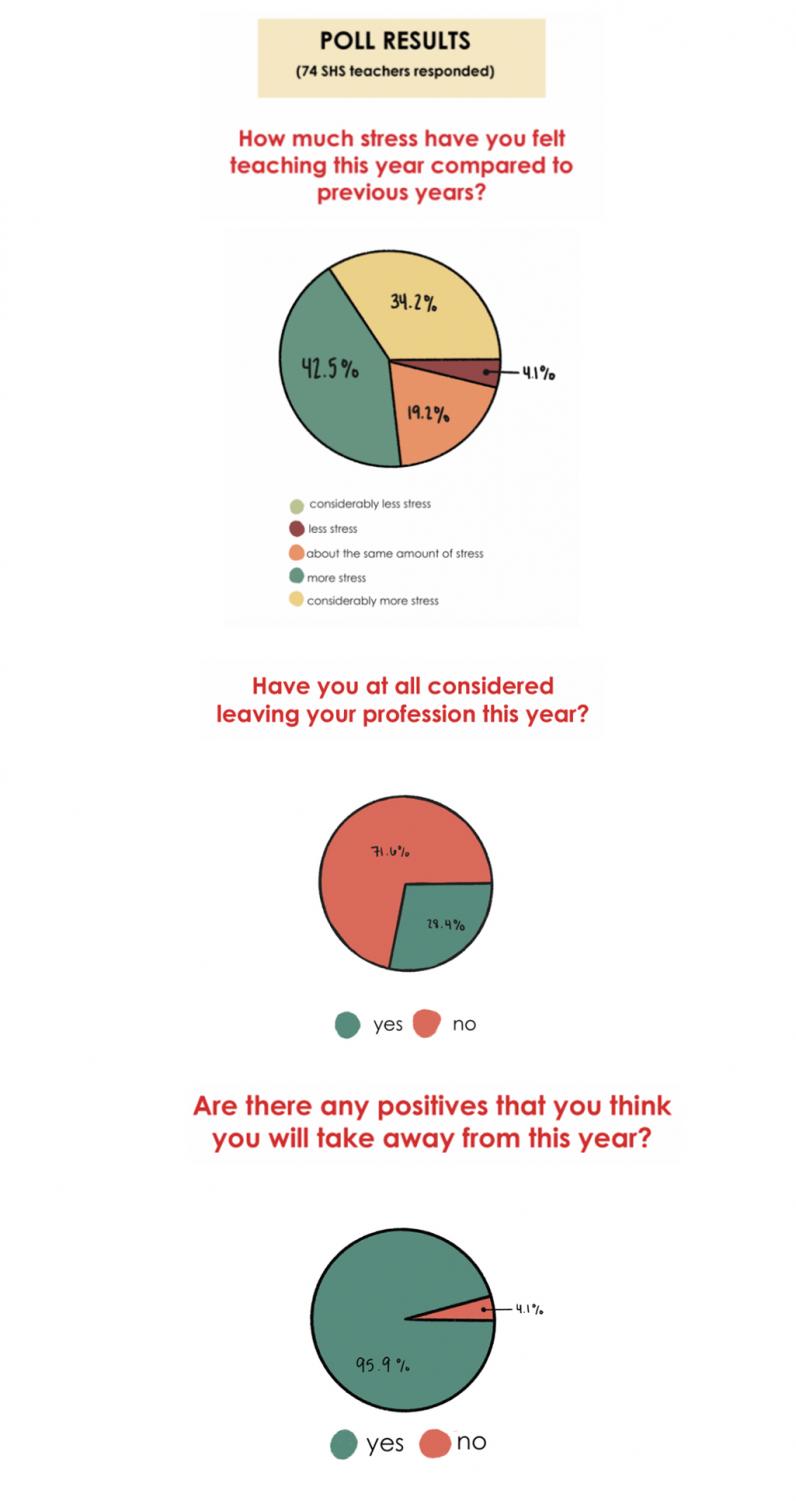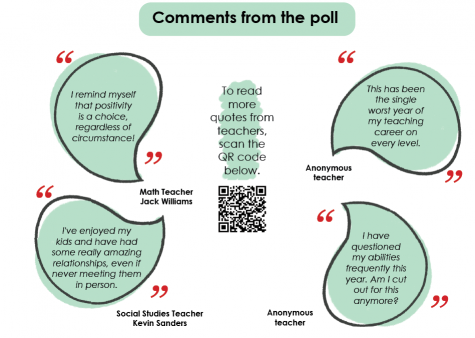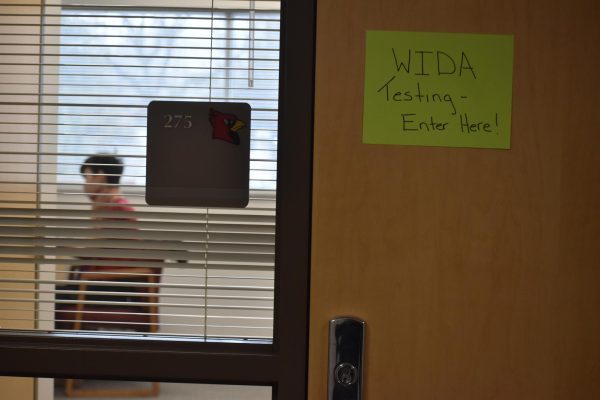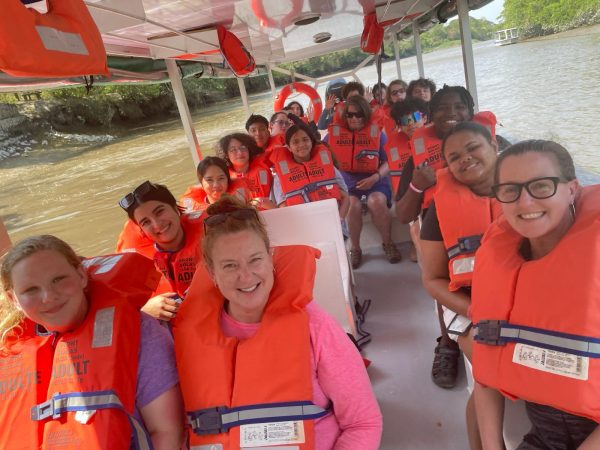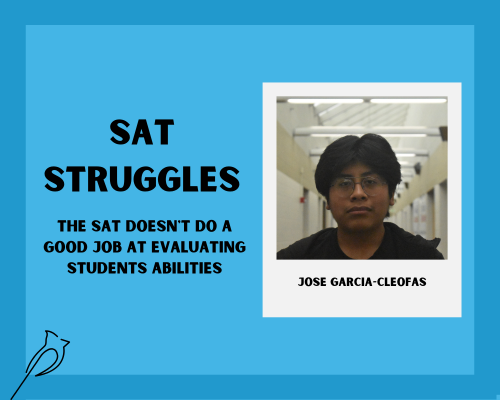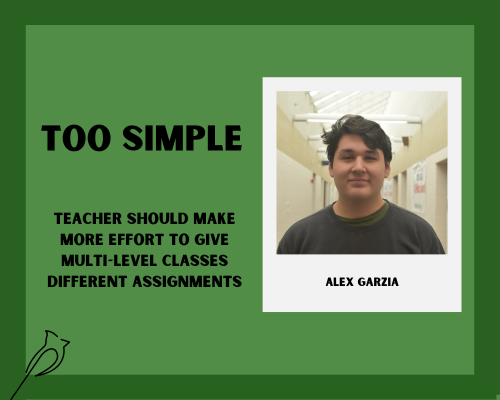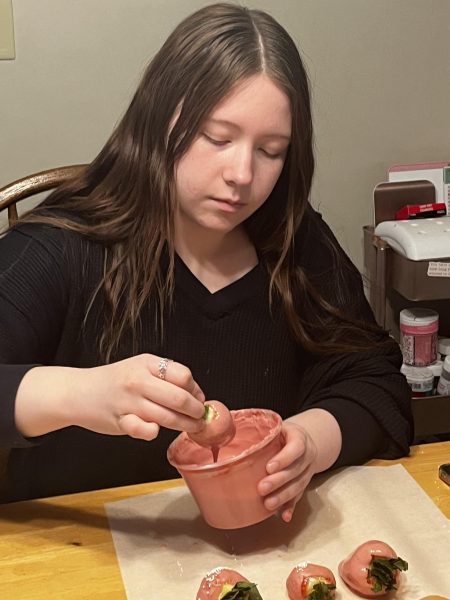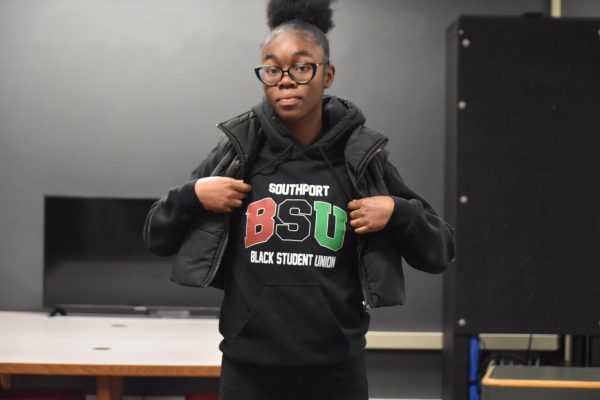A tough year to teach
The results of a recent Journal poll show the alarming effects of the pandemic on SHS teachers
Teachers have struggled throughout the year with learning the new ways of instruction and staying positive since they are not able to see students very often. According to a poll sent out to teachers, 28.4% have even thought about leaving the profession due to the complications of this year.
Throughout this school year, society and The Journal have been focused on the struggles of students, and these have been important to document. However, there are others in the school community that are struggling with their life and career this year.
Out of 74 SHS teachers who responded to a poll sent out by The Journal, more than 75% say that they have been feeling more stress through their personal and professional lives, and more than 33% of them said that the additional stress has been considerable. Perhaps more startling is the fact that more than 25% of teachers say they have considered leaving the profession.
And though their struggles have been similar, each teacher’s view of this unusual year has been different.
English Teacher
Jessi Walpole
In the poll, English teacher Jessi Walpole responded that this year has brought her considerably more stress, and that she has considered leaving teaching due to her struggling mental health and her stressful life as an educator.
As an added stressor, early in the pandemic, Walpole lost her mom, and has since been experiencing health complications. In June, she suffered a stroke.
“Now I have to be medically monitored more frequently which has added to all of the stress of everything else,” Walpole said. “I am 34 years old, I had a stroke, my life is just so different now.”
Walpole also thinks that her lack of connection with students this year has been hard, but she is worried more about personal connection rather than educational.
“When I can’t see students and talk to them face to face… for me that makes it a lot more challenging,” Walpole said. “Because I don’t have that connection that I’ve been able to build in the last 12 years of my teaching.”
She also says that she has been feeling overwhelmed with everything that has been asked of her at work outside of the normal aspects of her job.
Her school life has not been her only stressor. She has been trying to balance her family life and is always wondering if she is doing enough for everyone else.
Walpole thinks that the administration is trying their best to support the staff.
“They’re all trying to figure out how to help,” Walpole said. “And we’re trying to figure out how to help students. So I think all of us, including myself, kind of feel like we’re not being supported, but I don’t think it’s an intentional thing.”
Through all of her struggles, Walpole feels proud of herself and she doesn’t see herself giving up anytime soon.
“Everytime I remind myself, like, you haven’t given up yet, it kind of motivates me,” Walpole said. “Like, how could you give up now if you’ve gotten through all of that so far?”
Math Teacher
Jason Adler
Math teacher Jason Adler had a different response to the poll than most teachers at SHS. He said that the amount of stress that he has been feeling is about the same as most years.
And though he says he has not had it as difficult as some others, there are still some additional challenges this year.
Due to reduced interaction, it has been hard for him to feel connected to his students and make sure he is doing what is best.
“It’s definitely been unique,” Adler said. “Some of what teachers do is we thrive off of interaction.
..It’s hard to get interaction and it’s hard to get a feel for what we are doing.”
Virtual learning has made it difficult for him to get responses from students and has made him and his coworkers feel alone.
“We are social beings,” Adler said, “and to be cooped up in a classroom with no students in the room for eight hours can drive anyone bonkers.”
Though this year has presented struggles, Adler thinks that the support he received from administrators has made it easier.
Adler says he knows there isn’t much that can be done by the administrative team, but thinks that when it comes to what they can control, they have
done it as well as they can.
“It’s making the best of a bad situation,” Adler said. “Within what they can control, they are trying to find ways to get students in the building, and they are adapting.”
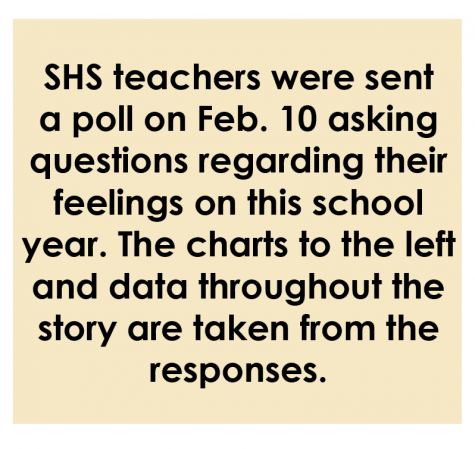
Adler does think that he has had it easier than some other teachers and students who have been “paralyzed” by the things they can’t control, Adler says. One of the ways he says he has done this is by only focusing on what he can control, and he encourages others to do the same.
“I think if we all just focus on the things we can control, we can really find a lot of common ground there and really be able to push ourselves for improvement in a lot of areas,” Adler said.
English Teacher
Erin Ancelet
English teacher Erin Ancelet also says that she has been feeling the same amount of stress this year. But, she thinks that the challenges she has faced have proven that she is flexible and adaptable to change.
What has been the biggest challenge for Ancelet?
“Trying to have a balance between modifying our curriculum,” Ancelet said. “Everything that we’ve done in the past years of teaching, to try to fit into one or two class periods, and also trying to make the virtual students feel welcome.”
She has also felt the difficulty of figuring out the specifics of transferring lessons to online and making sure her virtual students get as close to the same experience as her in-person students as possible.
Though she tries, she says she hasn’t been able to teach some of her favorite lessons this year.
“There have been a lot of fun activities that I used to do in class when people were there,” Ancelet said, “or that I used to do in pairs or in small groups that just don’t transfer virtually that well.”
Ancelet thinks that a way to help students with their mental health struggles would not only be beneficial for students but would help their teachers as well.
She says that this would help students be more engaged and interactive, which would also help teachers to get better results from students.
“I think that if a lot of students were in a better mindset, then they might have more engagement, which I think would help us have better results for our class periods and homework,” Ancelet said.
 ASL Teacher
ASL Teacher
Natalie Hendrix-Evans
Like many of her coworkers, ASL teacher Natalie Hendrix-Evans has been feeling the exhaustion, overwhelming feelings and the struggle to connect with students. Hendrix-Evans’s answers to the poll questions show how hard her year has been.
She says that she has been feeling considerably more stress and has even considered leaving the teaching profession.
She has a lot of the same struggles as most other teachers. However, Hendrix-Evans has an extra struggle that makes her life during COVID-19 harder.
Hendrix-Evans has been deaf from birth and was diagnosed at age 2½.
“Another thing that makes it more stressful for me is the whole mask thing,” Hendrix-Evans said through the chat feature in Google Meet. “I get that it’s mandatory and necessary but it also adds to my stress because I never realized how much I depended on seeing the entire face until now.”
Masks make teaching difficult for her because she is unable to read people’s lips when their mouths are covered with the masks. And though she recognizes there are alternatives, she doesn’t feel comfortable using them.
“With the masks, obviously I am not able to lipread at all,” Hendrix-Evans said. “I know some teachers have accepted teaching with a clear visual mask guard thing. I’m not comfortable with that for obvious reasons. There is a reason we need to mask up, but then again it kind of is a struggle.”
Because she also teaches beginner ASL classes and does not have a full time interpreter, she is not always able to communicate with her students in the best way.
She has had to find alternative ways to teach her classes, which often results in her being unable to teach the class herself and having to rely on videos instead.
“Depending on class size, sometimes I take off my mask for a few minutes to show the mouthing morpheme that might be used,” Hendrix-Evans said. “Otherwise, I use a lot of videos with that kind of information.”
Though her specific struggles make it harder for her to do her job, she says that there are things that people can do to make it easier on her.
She says that being willing to be accessible for people who need help during this time is important.
“Learning the basics can help with that,” Hendrix-Evans said, “or even being prepared to write down information…There are strategies that can be helpful.”
Principal
Brian Knight
Principal Brian Knight has seen the struggles of the teachers at SHS. He says that even though he has plenty of experienced educators in his building, it often feels like he is in a building of first-year teachers due to the lack of knowledge that everyone has about navigating teaching with COVID-19.
“No one really knows exactly what the best way is to do this,” Knight said, “or the best way to structure things, or the best way to get kids to interact online… trying to manage all of that at once I think is really difficult.”
Knight says one of the most difficult things this year is giving teachers information, and that the amount of times he has been unable to answer their questions makes it hard to feel like he is supporting them.
Still, Knight thinks that the administration team has been trying their best to provide teachers with what they need to keep going. This includes weekly professional development meetings and checking in with teachers often.
“We just try to talk to people,” Knight said. “We try to just not go out to give feedback about what is happening in their classrooms but just try to make sure folks are okay and ask a lot of ‘What do you need right now?’”
Knight wants people to know that this year will not last forever and that if teachers can continue to keep pushing through the difficult times, then everyone will come out stronger for it.
“This has been hard for everyone,” Knight said. “But, this will pass at some point. This is not going to last forever…We will be better because of this in the long run.”
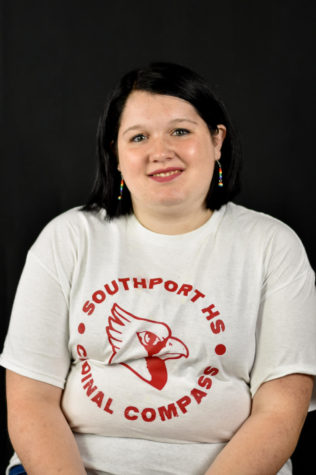
Hey everyone! My name is Megan Rogers and I am one of the Managing Editors of The Journal this year! I will be working with our News, Sports, Culture and...



